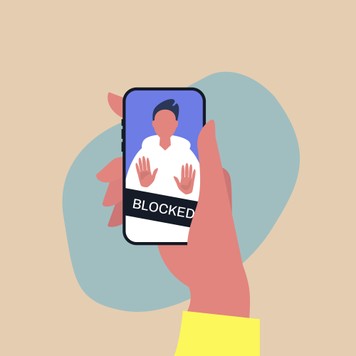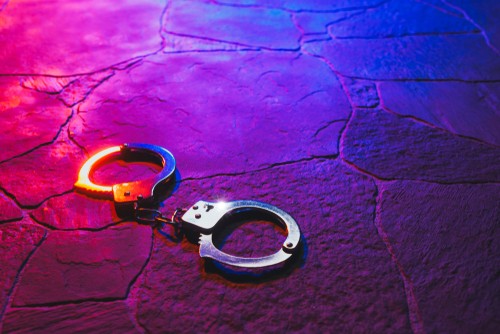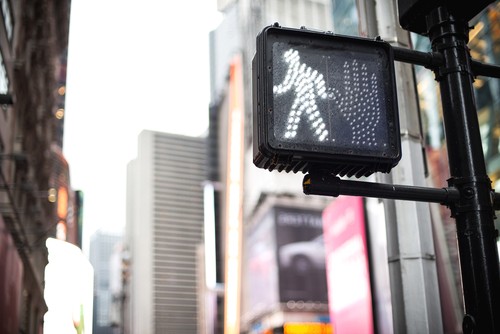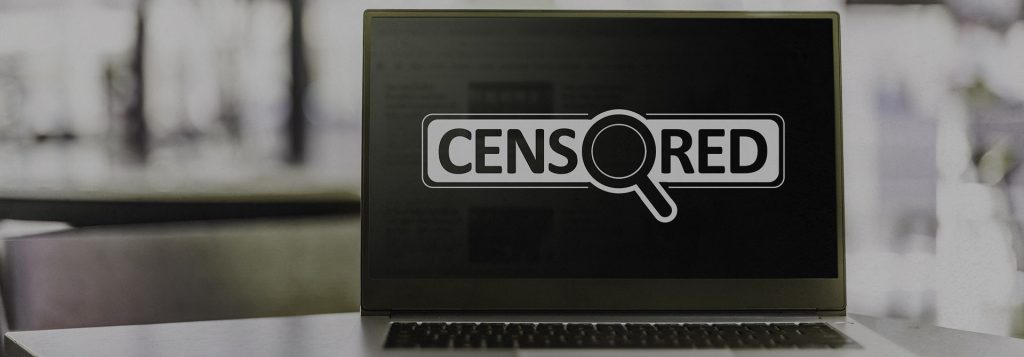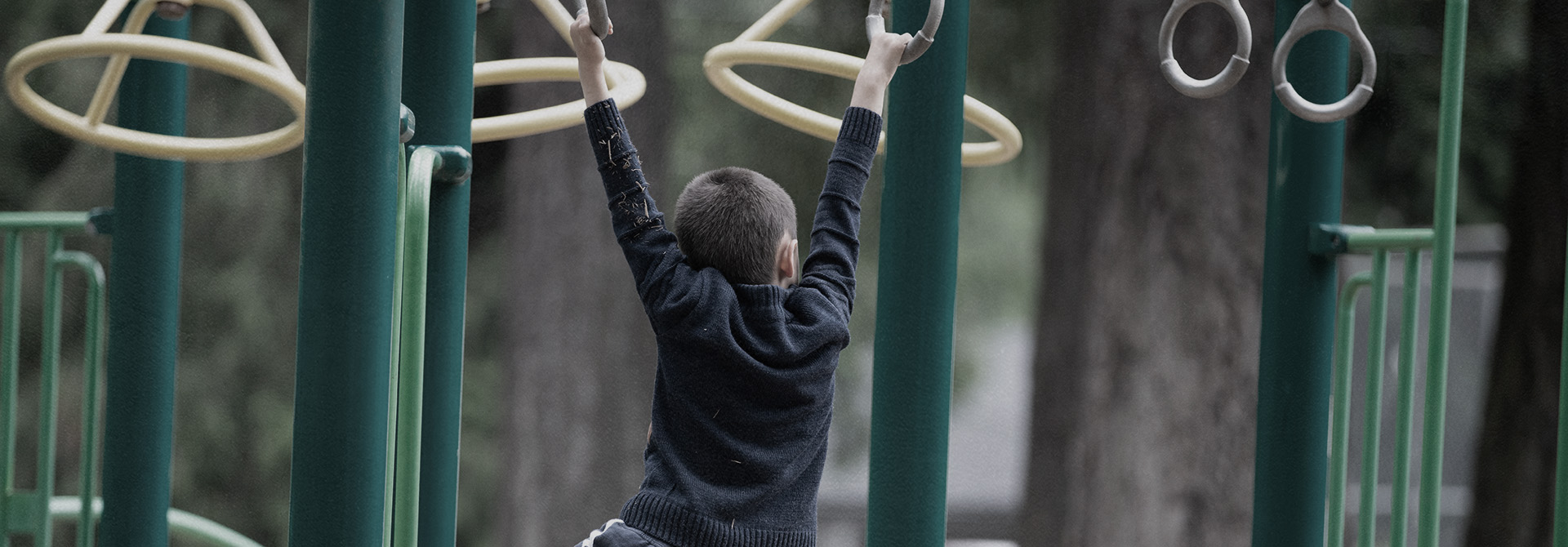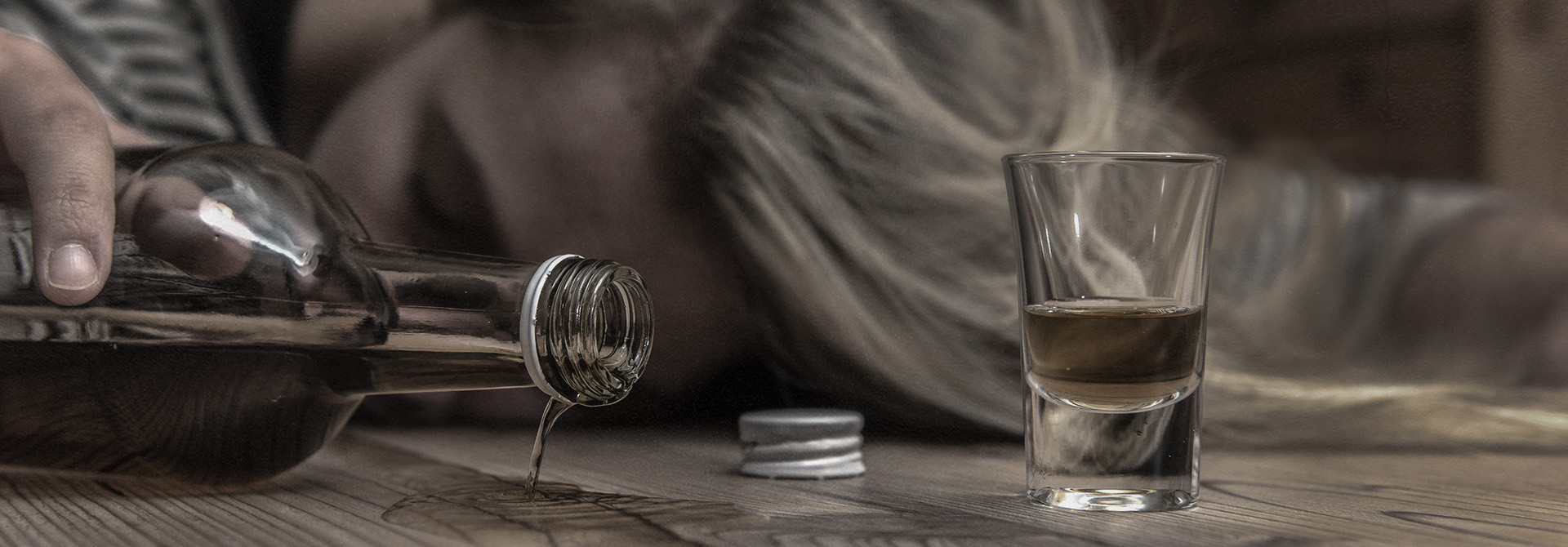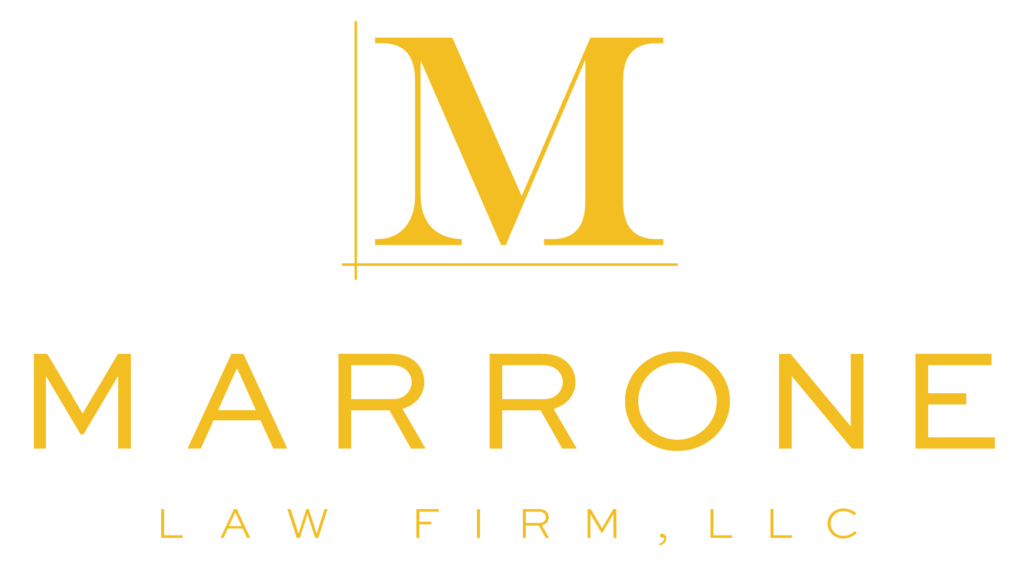US Regulator Issues Warning About Peloton Treadmill After Child Dies
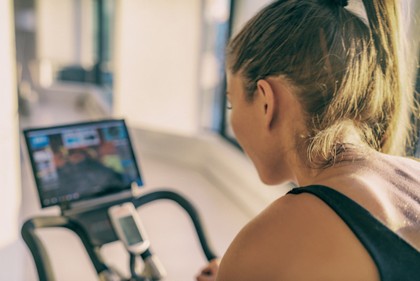
Federal safety regulators have recently issued warnings to owners of Peloton treadmill devices after multiple reports of injuries and one fatality were attributed to the popular treadmill.
CPSC Warns of Risk to Children and Pets from Peloton Treadmills
The U.S. Consumer Product Safety Commission issued a briefing after multiple reports of children and pets being pulled, pinned, or trapped under the Tread+ treadmill manufactured by Peloton. At least one child died due to the injuries they suffered after being trapped under a treadmill.
The CPSC advises consumers to only use their Peloton treadmill in locked rooms that cannot be accessed by small children or pets, and to keep other objects, such as medicine balls, away from the treadmill when in use. Consumers should also leave the treadmill unplugged when not in use and to keep the key used to turn the device on in a safe location that cannot be accessed by children.
Peloton, a manufacturer of exercise devices that first came to prominence with its stationary bike, launched its treadmill project approximately three years ago. The company issued a press release asserting that the CSPC’s warning was “inaccurate and misleading” and that there was no danger from using its treadmill so long as children and pets are kept away from the treadmill at all times and that it is turned off with the safety key removed when not in use.
Compensation You May Be Entitled to If You Are Injured by a Peloton Exercise Machine
If you or a loved one have injured by a Peloton treadmill or other exercise equipment manufactured by Peloton, you may be entitled to compensation for your injuries, including for:
- Costs of medical treatment, including hospital bills, surgeries, and physical rehab
- Loss of earnings or earning potential
- Pain and suffering
- Lost quality of life due to permanent physical scarring/disfigurement or physical disability
- Loss of companionship
- Emotional distress
What to Do If You or a Loved One Are Injured by a Peloton Treadmill
When you or a family member have been injured by Peloton exercise equipment, you can take steps to preserve and protect your rights to seek compensation for your injuries and losses:
- Stop using the Peloton device. If necessary, keep the treadmill secured somewhere it cannot be accessed by small children. However, do not throw away or sell the device.
- Take photographs of the area where the treadmill was being used when the accident occurred.
- Take photographs of any physical injuries you or your loved one have suffered.
- Seek medical attention as soon as possible after the accident to diagnose any injuries.
- Remember to follow all treatment instructions and recommendations.
- Keep a journal of your recovery from your injuries, including how your injuries and treatment impact your daily living.
- Avoid discussing the accident on social media, or posting photos or video of yourself until you finish your recovery from your injuries. Defense attorneys often monitor injury victims’ social media for posts they can use to undercut a claimant’s credibility.
- Talk to a personal injury/products liability attorney as soon as possible to discuss your legal rights and option for pursuing compensation from Peloton.
Contact a Philadelphia Personal Injury Lawyer to Discuss Your Products Liability Case in Pennsylvania
Did you or a loved one sustain serious injuries due to a dangerous or defective product in Pennsylvania? Don’t let the medical bills pile up while you wait for the negligent party or their insurance company to do the right thing. Right now, you need an aggressive personal injury attorney on your side, fighting to get you the compensation you need, want, and deserve. The skilled attorneys at Marrone Law Firm, LLC represent clients injured because of dangerous and defective products in Philadelphia, Center City, Union City, and throughout Pennsylvania. Call (866) 732-6700 or fill out our online contact form to schedule a free consultation about your case. We have an office conveniently located at 200 S. Broad St., Suite 400, Philadelphia, PA 19102.
The articles on this blog are for informative purposes only and are no substitute for legal advice or an attorney-client relationship. If you are seeking legal advice, please contact our law firm directly.
